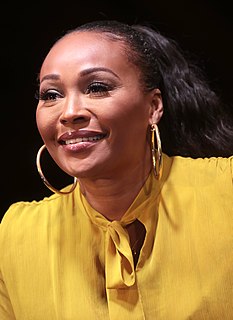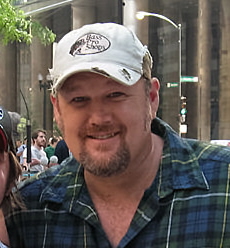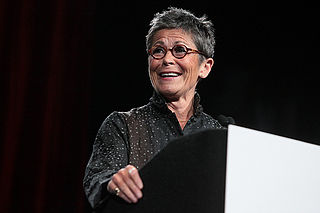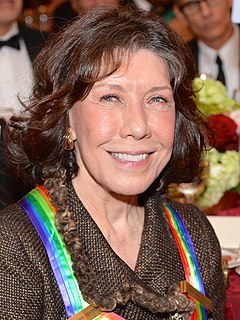A Quote by Joe R. Lansdale
I've got friends who totally disagree on politics, religion, cultural things, but at the core, we're the same people.
Related Quotes
I've had to play characters who I absolutely disagree with, as far as their politics, as far as their religion, and their stance on certain social issues, I completely disagree with them. But I have to go in and find who they are and get to their core, into their truth, and have absolute faith and believe in that, in order to portray it. So you have to walk in a lot of different shoes, in that you can't help but have your mind open as a result of that.
With the Internet era and social media and politics being so out there with the lies, now you've got people denying things they're on camera doing, and then you've got people not really caring about the truth. You've got people supporting people who've done horrific things, but just don't want the other side to get any satisfaction.
The religion of art, like the religion of politics, was born from the ruins of Christianity. Art inherited from the old religion the power of consecrating things and endowing them with a sort of eternity; museums are our temples, and the objects displayed in them are beyond history. Politics--or more precisely, Revolution--co-opted the other function of religion: changing human beings and society. Art was an asceticism, a spiritual heroism; Revolution was the construction of a universal church.
There is a need for educators, young people, artists and other cultural workers to develop an educative politics in which people can address the historical, structural and ideological conditions at the core of the violence being waged by the corporate and repressive state and to make clear that government under the dictatorship of market sovereignty and power is no longer responsive to the most basic needs of young people - or most people for that matter.





































